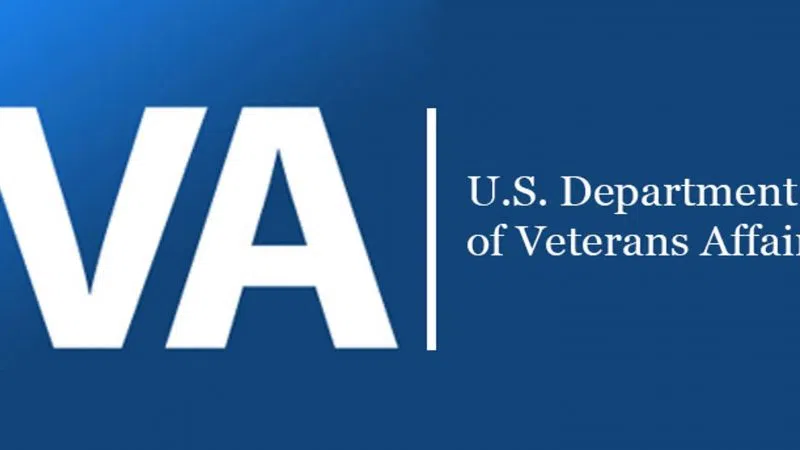In response to a request dated June 18, 2018, submitted to Dickinson County Healthcare System (DCHS) under Michigan’s Freedom of Information Act (FOIA) for DCHS’s Chief Executive Officer’s salary, wages, and benefits for the last 5-years including any bonuses or monetary perks, DCHS’s FOIA Coordinator, following precedent set in response to a similar request received by DCHS on August 3, 2010, initially denied the request based Section 243 of FOIA which exempts information of a personal nature that would constitute a clearly unwarranted invasion of an individuals’ privacy. DCHS’s formal denial letter to the requestor mistakenly transposed the Section number. The FOIA Coordinator’s denial letter included detailed information regarding the process to appeal the initial denial.
DCHS’s Board of Trustees (DCHS Board) received an appeal of the June 18, 2018 request denial. The DCHS Board was set to convene on August 9, 2018, to consider the appeal; however, John Schon, DCHS CEO, requested that the Board of Trustees allow the information to be released immediately in the interest of full disclosure.
A letter granting the appeal was sent to the June 18, 2018, requestor together with the requested information and executive compensation policy on August 9, 2018. The additional document was provided to give the requestor background on how executive compensation is set at DCHS.
The information shows Mr. Schon’s base compensation was $270,700 in 2014, $300,744 in 2015, $301,269 in 2016 and 2017. Mr. Schon was scheduled to earn base compensation of $301,269 for 2018 but he requested and was given a voluntary ten percent pay cut activated in 2018.
DCHS Board of Trustees terminated its executive incentive compensation plan effective January 1, 2010, based on Mr. Schon’s recommendation. Though the formal executive incentive compensation plan was terminated effective January 1, 2010, DCHS Board of Trustees retained the authority to consider year-to-year discretionary incentive compensation. The DCHS Board of Trustees awarded Mr. Schon incentive compensation of $56,843 for 2014 that was paid in 2015 and $60,254 for 2015 that was paid in 2016.
All DCHS employees receive benefits commensurate with their employment status, i.e., full time, part time, etc. DCHS employees receive group health insurance, pension contributions based on percentage of base pay up to a maximum match, life and accident insurance, long term disability insurance, and optional excess life insurance.
Mr. Schon’s DCHS employee benefit expenses were $59,900 in 2014, $59,964 in 2015, $69,824 in 2016, and $79,278 in 2017. With his voluntary ten percent pay cut, Mr. Schon’s DCHS employee benefit expenses for 2018 are estimated to total $61,963.
As DCHS CEO, Mr. Schon receives a vehicle allotment. The total DCHS expense associated with Mr. Schon’s vehicle allotment was $4,461 in 2014, $6,109 in 2015, $7,133 in 2016, $6,442 in 2017, and $4,512 for 2018.
DCHS contributes to the cost of Mr. Schon’s membership in the Chippewa Club for business purpose uses. DCHS contributions for this membership were $1,187 in 2014, $1,361 in 2015 and 2016, $1,185 in 2017 and 2018.
DCHS Board of Trustees adopted its Executive Compensation Policy in January 2006. The compensation philosophy and policies are designed to attract and retain talented administrative staff critical to both the short-term and long-term success of a health care organization in a competitive environment. In addition to attracting and retaining highly skilled management employees, DCHS believes that effective compensation programs support the Healthcare System’s mission and values, promote the culture of caring, and provide competitive rewards to employees for outstanding contributions to the organization’s overall performance.
The total compensation program for administrative staff at DCHS is designed to meet, among other criteria, the following goals:
- Total Compensation is made up of competitive base salary, incentives, benefits, and perquisite components.
- The total non-variable component of compensation (base salary plus benefits) is targeted between the 40th and 50th percentiles of comparable positions at similar health care organizations, geographically indexed to our local area.
Prior to setting executive team compensation levels, DCHS Board of Trustees retains HRAdvantage, a division of Gallagher Benefit Services, Inc., an independent consulting firm that provides executive compensation review, analysis, and recommendation services. Though DCHS is not directly governed by IRS rules for nonprofit corporations, the DCHS Board of Trustees follows generally accepted IRS nonprofit compensation rules when setting DCHS executive compensation. Under the applicable IRS rules, public charities are required to use independent third-parties like Gallagher Benefit Services to show their executive compensation model is fair and reasonable.
Based on data of comparable health systems like DCHS, Gallagher Benefit Services concluded Mr. Schon’s base compensation was at the 32nd percentile for 2014 and the 31st percentile for 2017. Mr. Schon’s base compensation adjustment in 2015 was based on the 2014 end of year Gallagher Benefit Services report. Percentile information was not requested for 2015 or 2016 because no base compensation increases were contemplated.





















